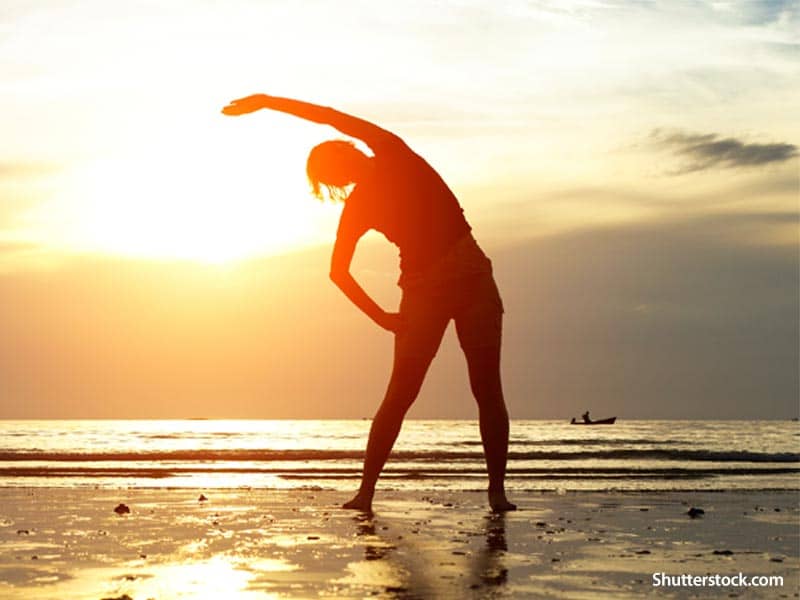SANTIAGO, Chile, Aug 28, 2001 (United Press International via COMTEX) -- Traditional Mapuche medicine has begun to establish itself as part of Chile's mainstream health scene and for the first time its healers report a growing number of their clients are now non-indigenous Chileans.
"Please don't publish my contact details, I can't handle any more patients. I'm exhausted," said Manuel Lincovil, a traditional Mapuche healer. Lincovil, like many of his colleagues, is overwhelmed by the demand for his services. "I would say around 80 percent of my patients now have no indigenous roots," Lincovil said.
"People are increasingly more accepting of alternative medicine, but in truth these techniques are not something new, they have always existed here."
The Mapuche community is the largest indigenous group in Chile and successfully resisted conquest by both the Spanish conquistadors and the Chilean Army until late in the 19th century. The majority of the Mapuche live in rural southern Chile and healers or machis
--comparable to North American Indian shamans--generally prefer to limit the time they spend in the capital, Santiago.
Chile's Medical Association spokeswoman Glenda Valdes said Mapuche medicine has not previously received the attention it deserves in Chile. "There haven't been any serious studies on the subject in the last few years," Valdes said. "I think Mapuche health care is due for a reevaluation though, as it is growing steadily in importance."
Sofia Paenqueo, of Santiago's traditional Folilche Medical Center, said the center's two healers feel they would lose their powers if they lived in the capital full time. Nonetheless, machis cannot refuse to see patients; they believe they could lose their gift if they fail to use it. "Where possible, though, we prefer to send our patients down to the south for treatment," Paenqueo said. "People almost always recover better there than they would in Santiago."
Mapuche culture teaches that good health depends on maintaining a balance between the individual, the community, nature, and the spirit world. Healers tell patients that sickness can be caused by ill-fortune, spiritual uncertainty, and poverty. After many years of suspicion, the Chilean medical establishment is beginning to accept the value of Mapuche healing, and the Health Ministry currently is financing a pilot scheme in one of Santiago's poorest boroughs, which brings together traditional and Western health services.
The clinic in La Pintana was founded earlier this year in response to the findings of a 1999 study conducted by Canada's University of Ottawa and Santiago's Catholic University. It revealed that La Pintana's Mapuche community often was reluctant to turn to Western medicine, either because of lack of faith in doctors or because they feared discrimination by medical staff. But the difficulty of making the long journey to the south effectively meant community members had no accessible health care options.
The La Pintana intercultural center meets this need by providing both machis and Western medical staff, as well as a translator. The Mapuche healers and Western doctors frequently refer patients to one another. A patient with kidney stones will be offered a Western-style operation, while patients with problems such as depression, addiction, and unidentifiable pains are generally treated by a machi. If the pilot project in La Pintana proves a success, Chile's Health Ministry plans to introduce similar projects around the country.
Health Ministry spokesperson Dr. Eduardo Medina said Tuesday the ministry still has not defined its policy toward Mapuche health care. "We are currently working on a policy document on traditional healing," he said. "This will be of great importance, because it has been very difficult to coordinate ministry policy without having formal guidelines in place." Medina said the document is being prepared in consultation with Mapuche groups. "We are sponsoring a number of intercultural dialogues and are trying to learn from individual projects like that in La Pintana," he said. "But it is a steep learning curve and, as a ministry, we need to improve our awareness of indigenous culture."
"The key difference between the two styles of medicine is that Mapuche healers do not simply treat people according to their symptoms," Lincovil said. "We try to look at the patient as an individual. People are more than just bodies, they are also spirits and souls."

